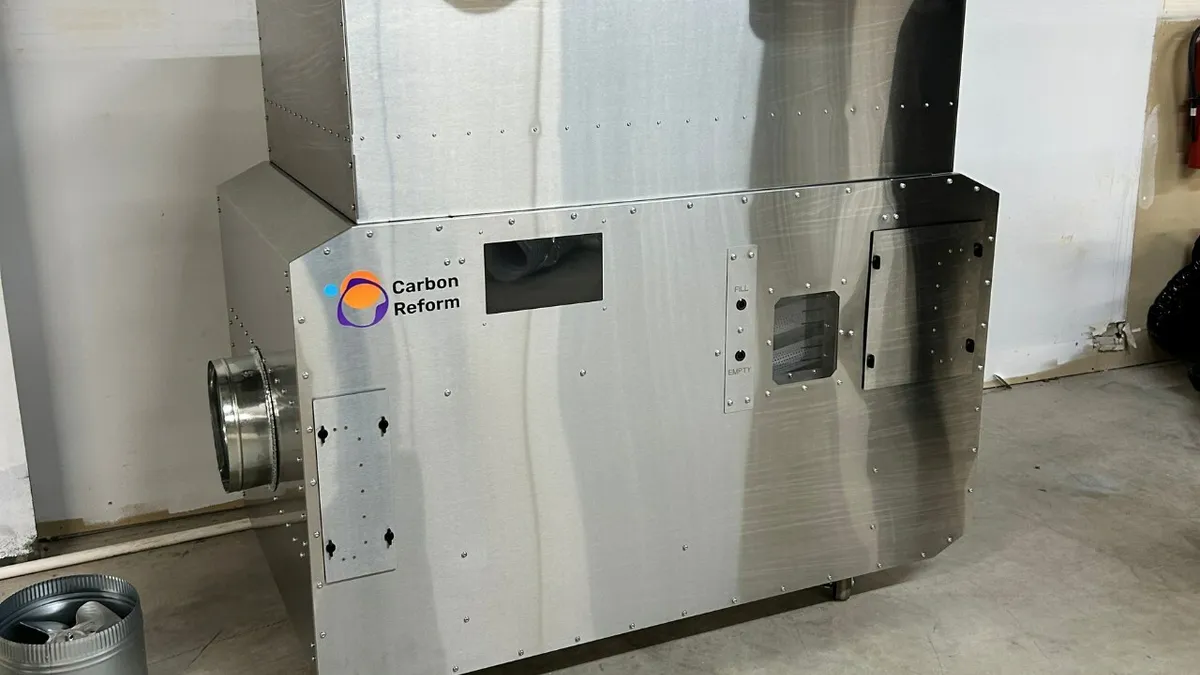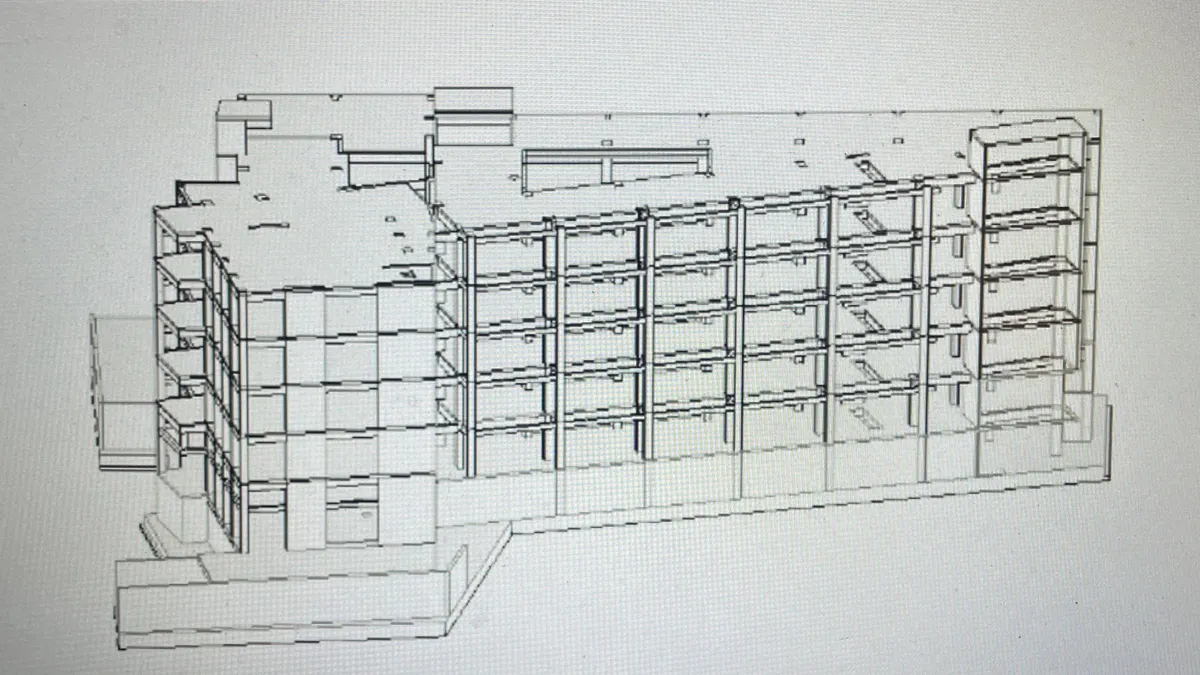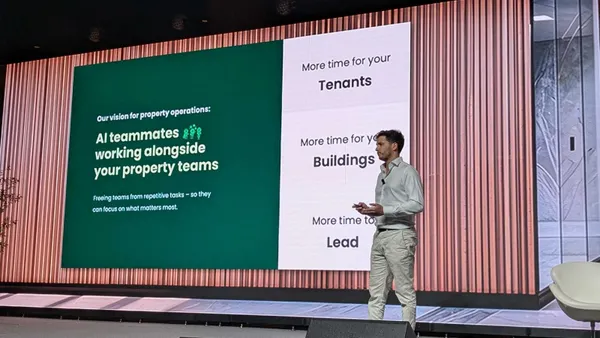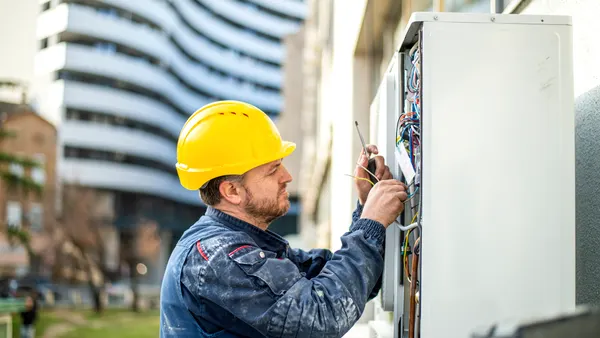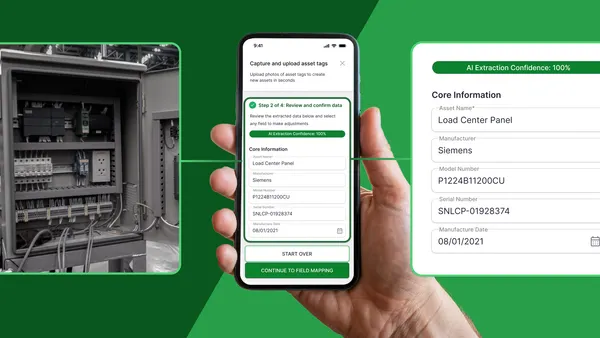Dive Brief:
- Carbon Reform has started pilot tests for its Carbon Capsule product at M. Davis & Sons’ pipe and metal fabrication facility in Kennett Square, Pennsylvania, according to a press release.
- The climate technology company, which makes modular carbon capture devices for commercial buildings, is now collecting data on its technology’s performance in effectively capturing excess carbon dioxide and enhancing indoor air quality.
- The company says the product reduces CO2 levels, harmful airborne pathogens and energy consumption by providing a retrofit solution for facilities managers and building owners.
Dive Insight:
Carbon Capsule is a proprietary hardware unit that integrates with existing HVAC systems to eliminate harmful particulate matter, pathogens and volatile organic compounds in the air.
The unit is able to achieve permanent carbon capture, using new technology to store captured CO2 in carbon-negative limestone, unlike other decarbonization systems that may only reduce carbon use or offset consumption.. Carbon Reform says that limestone can then be used in steel and glass manufacturing, mining, paper production and water treatment, which offers an effective and reusable solution for reducing carbon footprints.
“One of the reasons that a lot of buildings have ventilation systems that work constantly and use a lot of energy is because they’re primarily trying to expel CO2,” co-founder Jo Norris told the Delaware Business Times. “So, by reducing the amount of CO2 inside of the building, and also reducing the amount of other common contaminants, we’re able to safely recirculate the air inside the building.”
Founded in 2020 and previously located in Wilmington’s Delaware Innovation Space, Carbon Reform recently moved to a new headquarters in Philadelphia following a $3 million seed round led by Azolla Ventures last November. The company’s new space in the Netrality building, at 401 North Broad Street, includes more than 5,000 square feet of lab and office space for research and development.
The Carbon Capsule is four-by-five feet and capable of servicing up to 15,000 square feet of occupied space, according to Carbon Reform’s website. In addition, the company is also developing a one-by-three feet unit, Carbon Canister, which can serve about 5,000 square feet of space. The Carbon Canister does not connect to the return ventilation air.
In its pursuit to test and roll out its decarbonization technology, the company also partnered with Tokyo-based Kajima Corporation in April to install indoor air quality sensors at its Technical Research Institute. Carbon Reform said the partnership with Kajima, one of the oldest and largest construction companies in Japan, will also include installation of its Carbon Capsule units to provide indoor air quality improvements, carbon sequestration and energy savings.



